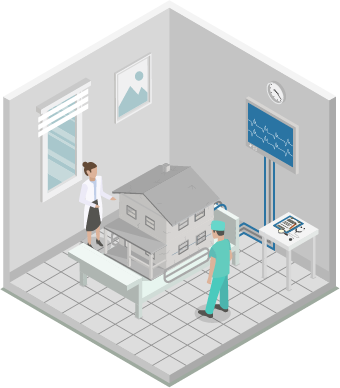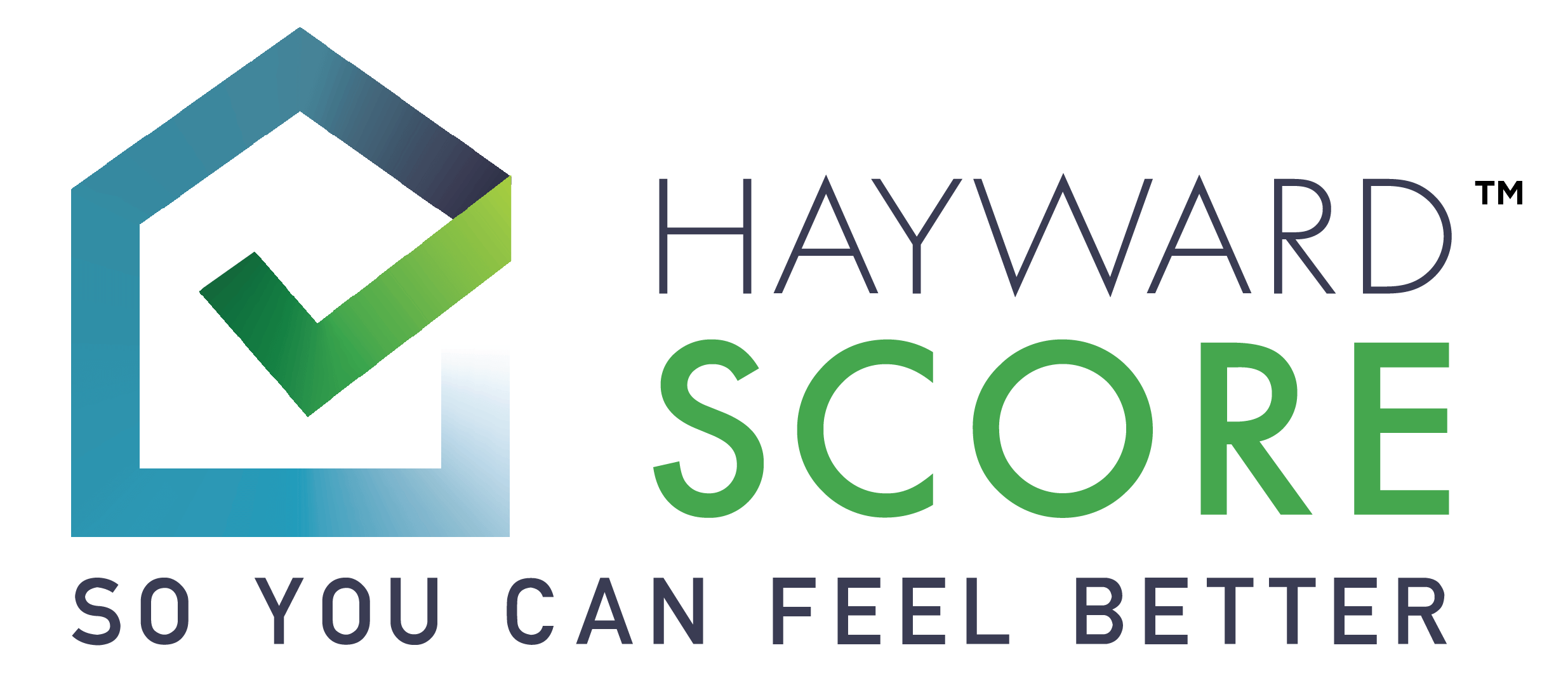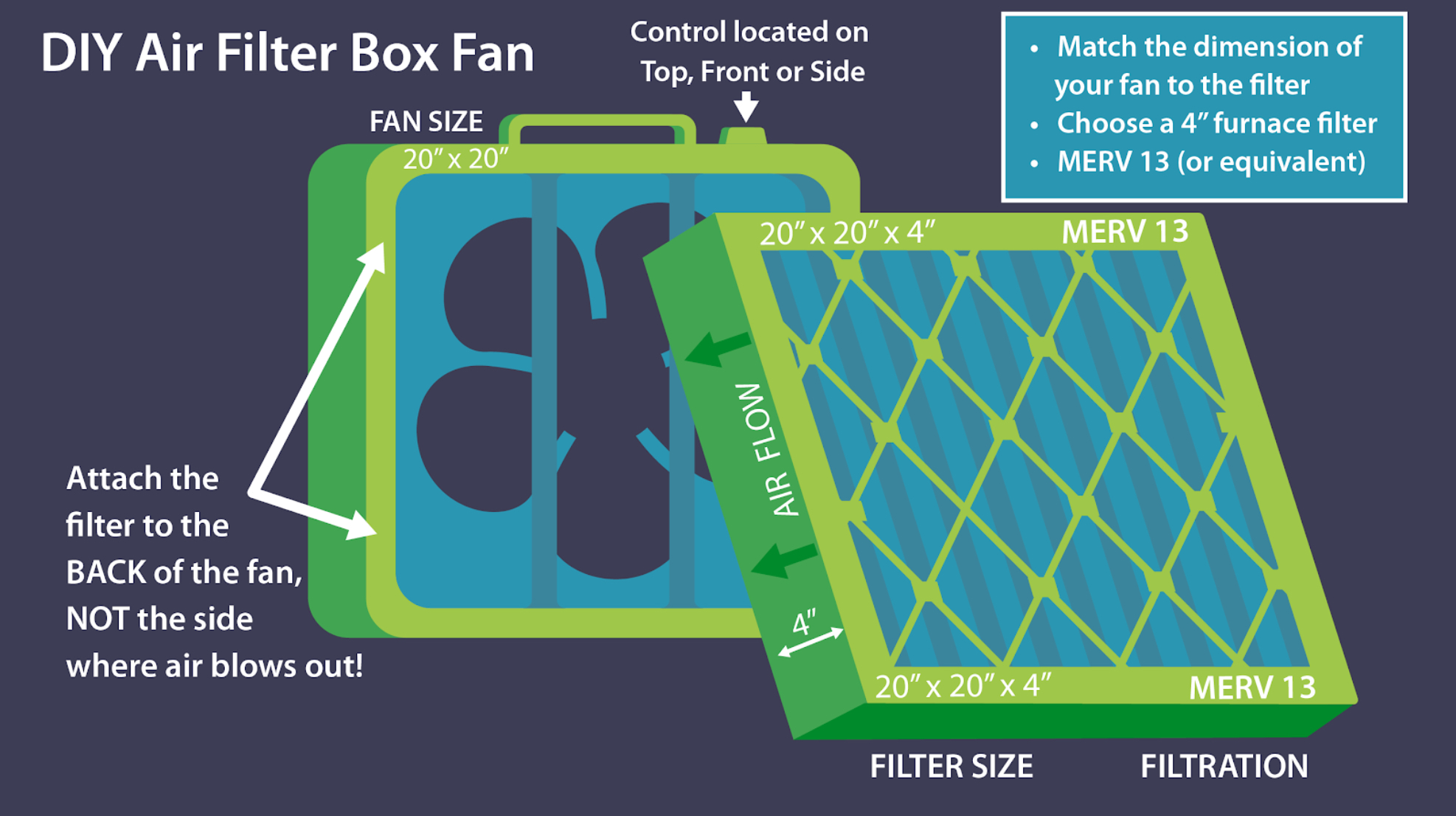Did you know that one-third of your life is spent sleeping? Sleep ultimately makes you happier, healthier, and safer. According to the American Psychological Association, getting an extra 60-90 minutes of sleep each night increases the ability to concentrate, enhances the immune system, and strengthens memory. But it isn’t just the hours of sleep that’s important; it’s the environment in which you sleep in as well. Your body should be able to regenerate in a bedroom that is clean, healthy, and free from sleep disruptors.
Why Sleep is Important for Adults
During the night your brain goes through wave cycles, which flush the chemicals you’re exposed to in the day. Your immune system wants to reset itself, but it can’t do this if your sleep is impaired. Prevented from doing so long-term, this may lead to inflammation. Sleep also supports healthy brain function in adults, which means quality sleep at night equals better productivity during the day.
Why Sleep is Important for Children
Good sleep is critical for children as it impacts both their physical and mental development. Lack of sleep has been linked to a decline in cognitive function, meaning your child may have difficulty paying attention in school or develop behavioral issues. Sleep helps your child regulate their emotions. For more tips for better sleep at each stage of your child’s development, visit the Sleep Foundation here.
A Healthy Indoor Environment is Necessary for Healthy Sleep
To get you started, here is Hayward’s list of tips for better sleep, starting with creating an indoor environment with minimal dust, chemicals, light, electromagnetic fields (EMFs) and noise.
Minimize Dust
Some dust at home is inevitable, but you can take steps to minimize it. It is especially problematic for the health of people suffering from allergies. Learn how to reduce dust in your home with the following cleaning tips for better sleep:
- Wash your bedding once per week on a hot cycle to minimize exposure to dust mites. Use a non-fragrance, low-chemical detergent.
- Separate your sleeping environment from your pets’. As hard as it is to say no to your furry friends, consider not letting pets sleep in the bedroom to cut down on pet dander. If they must be in the same room, do not let them on your bed.
- Replace your mattress when it’s over 10 years old. We essentially sleep in the waste of our own bodies, as we shed skin cells constantly. If your mattress is over a decade old, look at replacing it. Same goes for your carpet, if it’s over 15 years old, as these become harder and harder to clean effectively over time.
- Clean the actual mattress with a vacuum! This helps eliminate dust mites but make sure you use a HEPA certified vacuum to filter them out effectively. You can also use an “allergy-proof” cover on your mattress and pillows to prevent breathing dust mites.
- Clean floors weekly. Whether you have carpets, rugs, or hard floors weekly cleaning minimize the accumulation of dust, dirt, and other pollutants. If you are sensitive, have pets, or older carpeting, you may need to clean more frequently. We also recommend vacuuming earlier in the day, this allows any debris to settle before sleeping.
- If you use under the bed for storage, make sure to pull everything out regularly and clean this space.
EXPERT TIPS FOR BETTER SLEEP: Don’t over humidify the bedroom. Keep your relative humidity (RH) below 60% (this helps to make sure your dust doesn’t turn into food for mold!) However, to make sure you aren’t introducing allergens into the bedroom if you use a humidifier, make sure it is cleaned weekly.
Minimize Chemical Exposures
- A major overhaul of your bedroom may not be practical but choose mindfully when buying new bedroom furnishings. Chemicals from mattresses, bedding, furniture, paint, and flooring can release toxins into the air, which you inhale while you are sleeping. To learn more about chemicals, read our Chemical Action plan here.
- Keep scented products out of the bedroom. Perfumes, candles, lotions may be sources of chemical fragrances and other toxins. If you can’t skip them entirely, store fragranced products in the bathroom.
- Remove printers and craft projects from the bedroom. Having a home office or craft area in the bedroom can also lead to exposure from adhesives, toner, and printer cartridges as well as electronics. Try to keep these spaces separate, if possible, or at least move the printer or crafts to another room.
- Air new mattresses. Ever experienced that “new mattress smell’? This is otherwise known as off-gassing, caused when chemicals used in the production of your mattress are released into the air. When buying a new mattress, open your mattress and air it out for at least two days (longer if possible). The majority of toxins are released within the first hour but can continue to be released over time. Do this in a well-ventilated space, or outside with your mattress on a protective sheet, if weather permits
Minimize Light and EMFS
- Minimize bedroom electronics. Studies have shown that ambient electromagnetic fields (EMF) generated by, wifi, broadcasting networks, and cellular devices could actually be quite problematic for the body and mind. Keep electronic devices out of the bedroom if possible. At a minimum keep them at least 3-5 feet away from your bed.
- Look for a breathable blackout blind made from a low VOC emission fabric (avoid PVC and flame retardants). Blackout blinds can also block airflow and trap cold air next to windows, leading to condensation and increased risk of mold.
Minimize Noise
Noise is one of the biggest disruptors of sleep. However, resolutions like shutting windows and doors can come with their own problems, like decreased airflow to your bedroom.
- Turn on your fan at night (even in Winter!) This can act as a white noise machine and block out other noises. It also helps circulate the air in your room – a win-win!
- Reposition your bed. If your bed is against a wall with noise coming through from the other side, moving it just a few feet away can make a difference.
- Invest in earplugs – but don’t use them every night. Taking a break helps prevent damage to your ears from wax build-up. Choose natural, organic materials like beeswax or lanolin.
For more tips on better sleep, read part one of this blog here.
Hayward Score can help you discover what may be going on in your home in minutes! Simply answer a quick set of questions about your home developed by our healthy home experts, then get a personalized list of action items designed to help you address issues in your home. Start transforming your home today! Get your Hayward Score now.
Hayward Score helps you discover how your home may be impacting your health in minutes – – for FREE!
Answer a quick set of questions then get a personalized list of action items. Transform your home and health today!

ARE YOU CONCERNED YOUR HOME IS MAKING YOU SICK?
Our guide on indoor quality will help you diagnose possible issues and implement intelligent solutions to improve the quality of the air inside your home.















